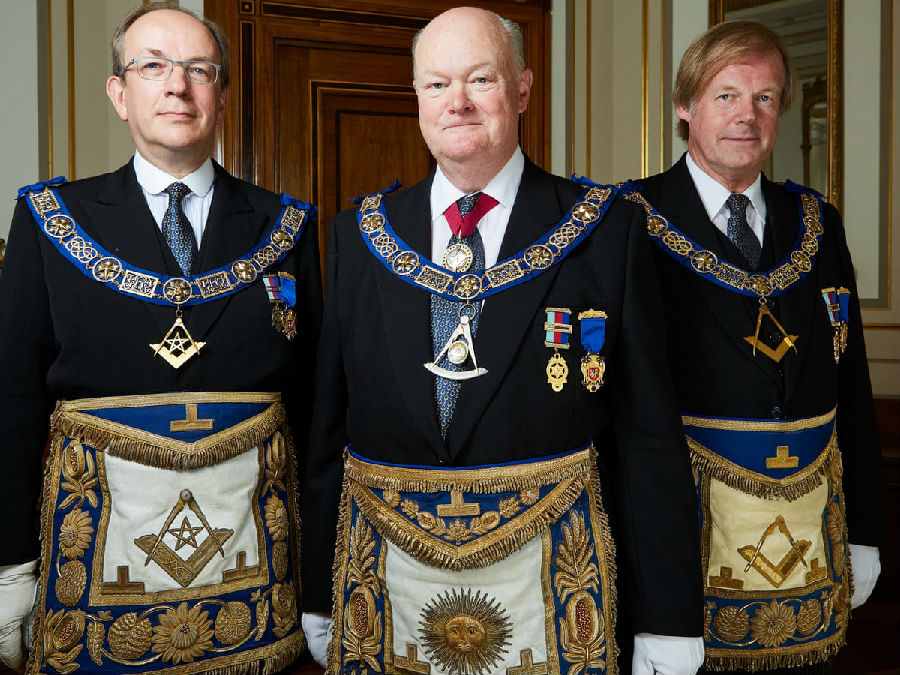In this account, however, Mr Dickie veers away from celebrity biography to focus on the broader membership. His characters are idealists and misfits—political exiles and refugees, traumatised soldiers, addicts who have overcome their vices. Their organisation, says Mr Dickie, is essentially a network of patronage. But he emphasises how many Masons treat its values of friendship, respect, integrity and charity as genuine anchors in their lives, not simply as window dressing for a practical agenda.

It is tempting to see the Masons as an elite clique of white, male, middle-class gatekeepers. And that has often been true. But the outfit described in “The Craft” is more diverse. In early modern Europe, Mr Dickie writes, the Lodges were among the few places where men from different classes could socialise. The Masons wore (and still wear) gloves during their meetings “so that no Brother can tell the difference between the hands of a Duke and the hands of a dustman”. Slaves were forbidden to join, but several American branches, such as that led by Prince Hall, a black leatherworker from Boston, played a role in the abolitionist struggle. In theory the Masons do not accept females, yet Mr Dickie meets Olivia Chaumont, who in 2007 became the order’s first transgender member.
译文由可可原创,仅供学习交流使用,未经许可请勿转载。












